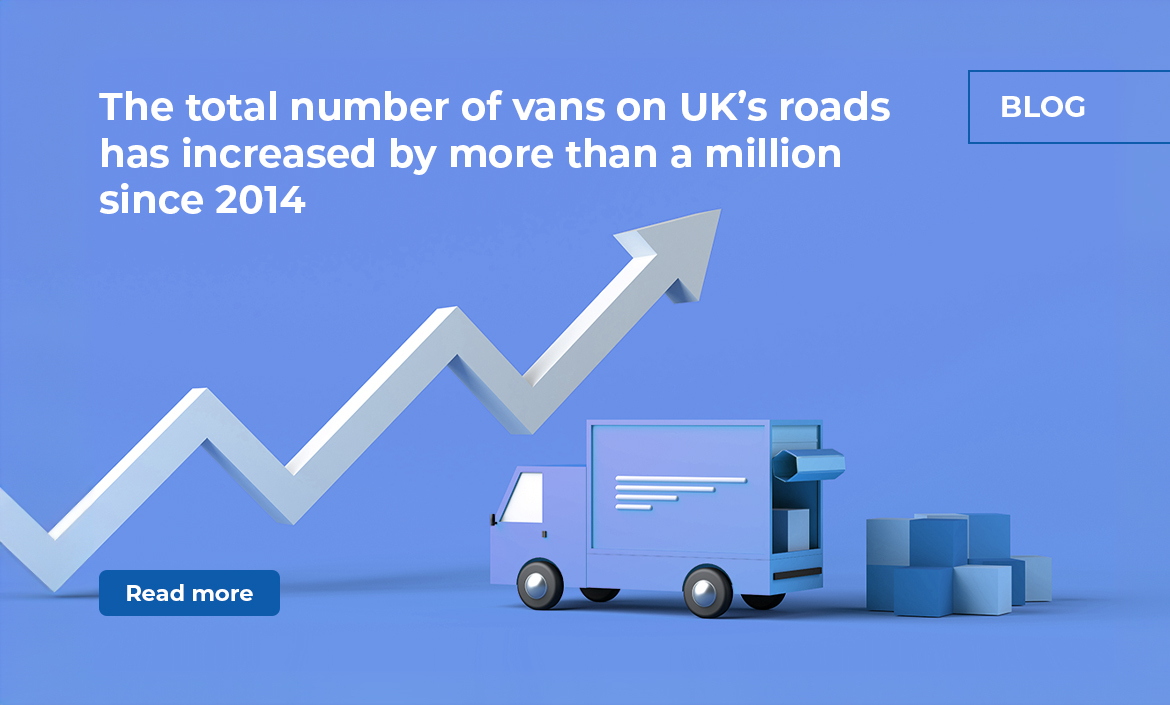The number of vans on UK roads has seen a significant increase over the past decade, with over a million new vans on the road since 2014. As the UK pushes towards a greener future, the Zero Emission Vehicle (ZEV) mandate plays a crucial role in this transition, requiring that 10% of van sales be zero-emission by 2024, a target that goes up to 70% by 2030. This ambitious goal aims to reduce emissions and set the stage for a more sustainable transport network.
The growth of electric vans in the UK is noteworthy, with their numbers increasing more than sevenfold between 2018 and 2023. However, despite this rapid growth, the UK still lags behind other Western European countries like France, Germany, and the Netherlands in the adoption of electric vans. To bridge this gap, initiatives such as the Clean Cargo Capital campaign are being launched. This campaign focuses on transforming Central London into a leading hub for zero-emission mobility, demonstrating the city’s commitment to clean transportation solutions.
In tandem with these initiatives, there are calls for the UK government to enhance financial incentives and expand infrastructure to support the switch to zero-emission vans. By doing so, the government can instill confidence in businesses considering the transition from diesel to electric vehicles.
Enhanced incentives and better infrastructure could potentially increase the rate of adoption of electric vans, reducing both emissions and operational costs for businesses. This will be supported as electric vehicle technology develops, becoming a more cost effective solution for businesses and allowing for electric power over a long distance.
The importance of transitioning to electric vans cannot be overstated. Diesel vans continue to dominate the market, contributing significantly to greenhouse gas emissions. The contrast between the UK and countries like the Netherlands, where the share of electric vans is considerably higher, highlights the impact of regulatory policies.
The UK’s recent introduction of the ZEV mandate marks a significant step towards increasing the supply of electric vans. However, further measures are necessary to boost demand among fleets. This could be achieved through stronger financial support and improvements in the national EV charging infrastructure. Ensuring that small businesses have the support they need to transition to electric vans is crucial for achieving the broader goals of reducing emissions and enhancing energy security.
The road to a cleaner future is paved with the adoption of zero-emission vehicles. By fostering an environment where electric vans can thrive, the UK can not only reduce its carbon footprint but also position itself as a leader in sustainable transport. The concerted efforts of policymakers, businesses, and advocacy groups will be key to making this vision a reality.on the
Get in touch for any of your fleet queries:
If your business needs any assistance, with setting fleet budgets, or would like to understand more about what vehicles fit into your fleet budget, get in touch today. Our experts can offer guidance regarding alternative fuel types and whole-life cost analysis.


